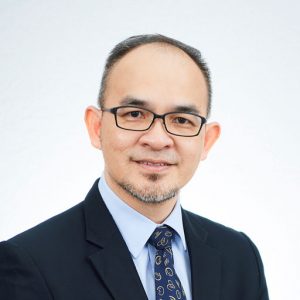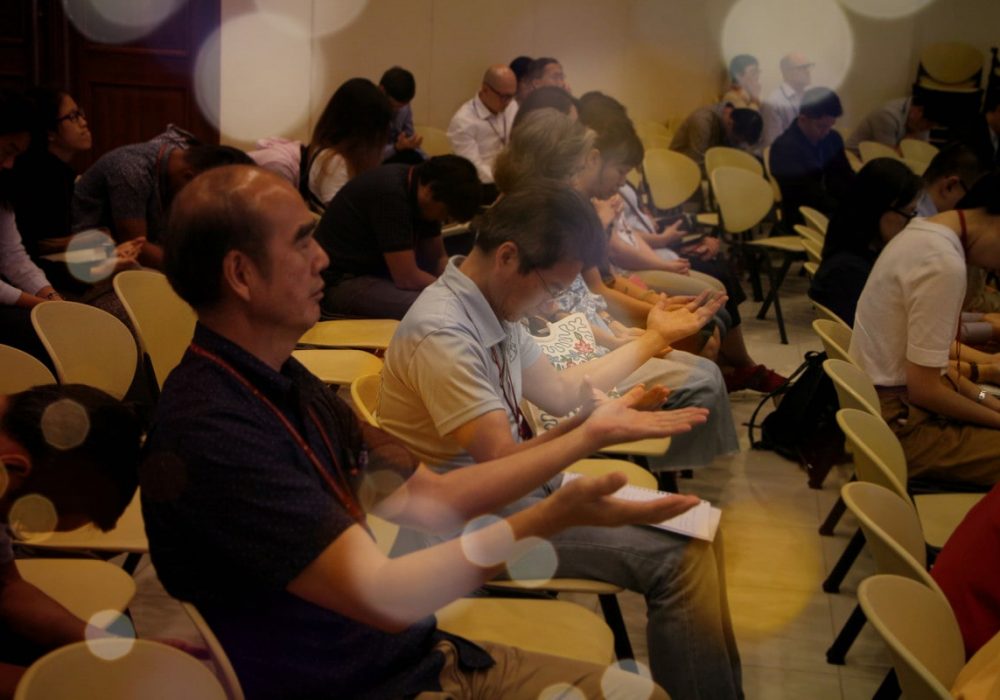Singapore Bible College is a cross-cultural community of disciples from over 20 countries, ethnic groups, languages, and cultures, and a range of denominations and traditions, who follow Jesus Christ in the footsteps of previous generations and strive to actualize holistic theological education. In the ever-changing post-pandemic era, the College is building a fusion community that facilitates faculty and students in their teaching, learning, serving in fellowship, and growing together, whether they are onsite or online, on-campus or off-campus, based locally or overseas.? ?
How may we build a fusion community of learners from different backgrounds and experiences? Howard Gardner, the developmental psychologist known as the father of “multiple intelligences” — the theory that there are many ways to be intelligent— has proposed what he calls “Five Minds for the Future”. These are mindsets that Gardner believes are essential for humankind to survive and thrive. I believe that the Five Minds will serve the church and mission fields far into the future as well, and holistic theological education in a fusion community will foster these mindsets. We can think of the Five Minds as a roadmap for theological education:
1. The Disciplined Mind
Our students acquire core knowledge at the early stage of learning: biblical subjects, theories and practice of interpretation, doctrines, church histories, and practical subjects. They learn various schools of thoughts and methodologies to prepare them for higher levels of reading, analysis, and criticism. With this biblical and theological foundation, they are better able to appreciate their respective denominations and traditions.
2. The Synthesizing Mind
The students learn to integrate various thoughts and methods, so that fragmented and independent subjects converge into a complete network of knowledge. Through dialogues, evaluations, and assimilation in a communal learning space, they can articulate the theories and practices of relevant subjects to address issues and challenges in the church and mission fields.
3. The Creating Mind
Once the students have acquired specific knowledge, skill sets, and the collaborative spirit, they will face new issues, require novel perspectives, and demand different solutions. But as the church of Christ is founded on a solid foundation of truth (1 Tim 3:14–16), any new ideas and practices need to be thought about soberly and evaluated prudently by returning to the Bible and the bases of theology and history.
4. The Respectful Mind
Theology does not take place in solitude but is spiritual wisdom crystallized from dialogue and fellowship between God and humans, and amongst humans. To learn theology is to become a better person before God. For this reason, our students must value their denominational traditions along with those of others; they should respect fellow Christians and also non-Christians from other backgrounds by having open minds, peaceful attitudes, listening ears, and constantly learning and relearning by unlearning their misconceptions toward others.
5. The Ethical Mind
Students respond to God’s calling and mandate when they enrol in this College to increase their professional knowledge, enhance spiritual gifts, and acquire ministerial skill sets, all of which empowers them in serving the church, evangelizing the lost, discipling believers, and blessing society. Wherever they belong, the Lord’s servants must bless by serving their societies and communities as dedicated citizens with the resources and giftings they have received from God (Jer 29:7).
Theological education based on the Five Minds works when God is at the centre and spiritual formation toward Christ-likeness is vital to the task. And so, our faculty equipped with diverse expertise also depend on spiritual wisdom from the Father to serve as agents who facilitate our students’ spiritual formation. By the work of the Holy Spirit, our faculty, staff, and students love one another, and it is this love in the community that reveals our imitation of the Lord Jesus (John 13:34–35).
Dear partners in holistic theological education, please pray for SBC’s building of a fusion community of learners that will not only bring together faculty and students whichever their contexts, but will also bring about holistic renewal in relationship with God (through spiritual formation), with others (through ethical relations), and with oneself (through character development). Please also remember our daily needs in your prayers and support.






